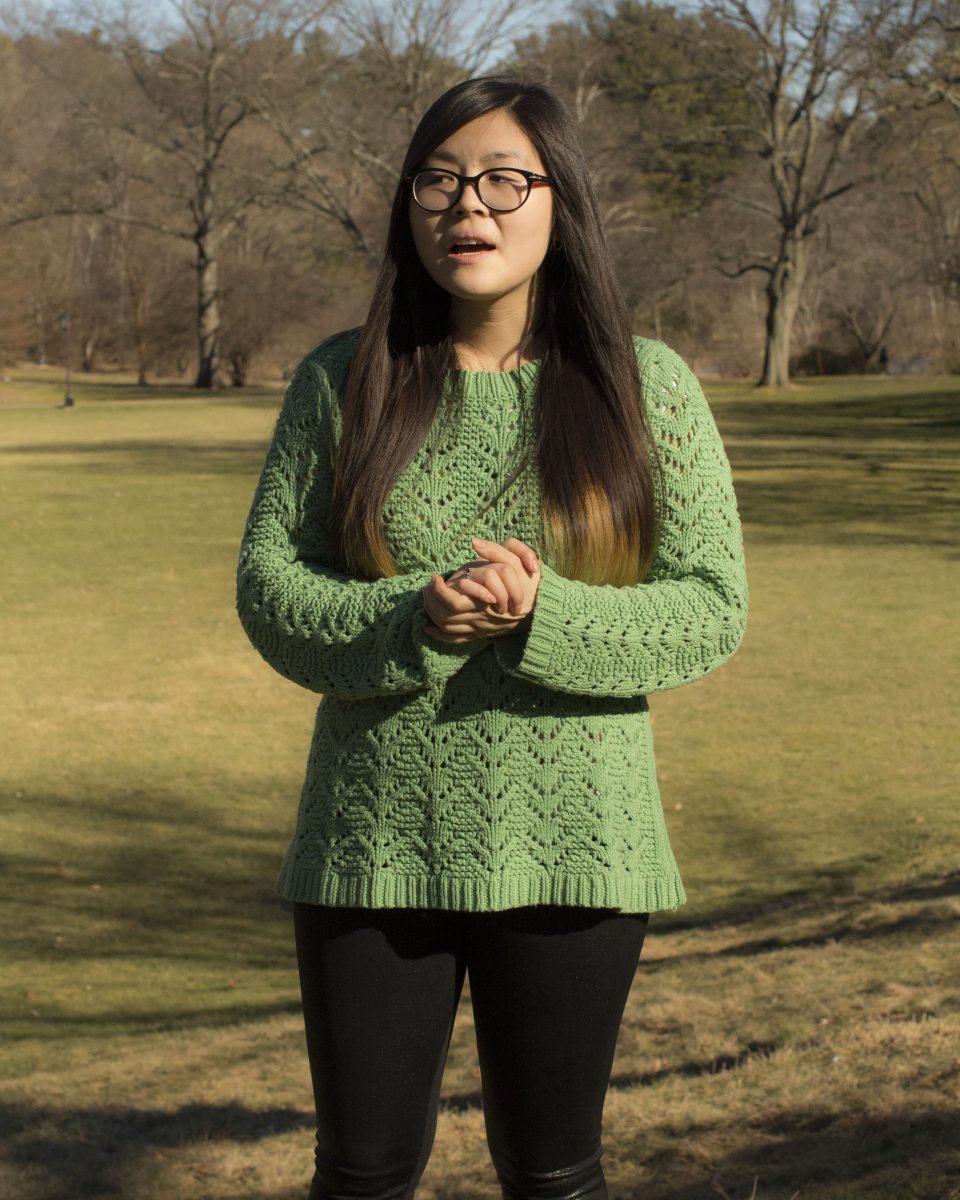Many students in the Wellesley community participate in cross-campus organizations throughout the greater Boston and Cambridge area from the Massachusetts Institute of Technology (MIT), to Babson College and Olin College of Engineering, to Brandeis University and beyond. Although Wellesley offers a number of choices for extracurriculars, many enjoy the ability to break out of “the bubble” in order to create a college experience that cultivates relationships beyond the borders of their everyday surroundings and brings a fresh light to their interests.
Wellesley’s connections with MIT make it a more convenient choice for the existence of cross-campus organizations. Maggie Lees ’18 participates in the MIT/Wellesley Toons, a co-ed a capella group. Lees said she enjoys the opportunity to meet people outside of the Wellesley community. For her, going to MIT on a frequent basis is not an inconvenience but rather a welcome opportunity to break out of the Wellesley campus bubble.
“[It’s] a good way to get off campus at least once a week, if not more, which helps me deal with the stress of a rigorous college like Wellesley,” Lees said.
Mary DuBard ’19, who participates in Air Force Reserve Officers’ Training Corps (ROTC) at MIT, notes that the existence of cross-campus organizations is important since Wellesley does not have infinite options on campus. Students from other colleges, including Harvard University, Tufts University and Wellesley participate in MIT’s ROTC as well since it is not offered at these institutions.
“It helps me keep perspective,” DuBard said of her experience participating with students from other colleges. However, she added, the strict schedule of a program such as ROTC makes commuting to MIT often more difficult considering her already busy schedule at Wellesley, which includes classes, participation in other organizations and a job.
Apart from MIT, Babson College and Olin College of Engineering, two schools with which Wellesley maintains strong academic relationships, are common places where Wellesley students interact with other students beyond the classroom.
Lorna Wu ’16 is the Vice President of Education of the Babson Toastmasters Club, an international public speaking club with chapters at several colleges. While the local chapter is based at Babson, students from Olin and Wellesley also participate, making it what is informally known as a “BOW” organization. Wu points out that while at one point Wellesley did have its own Toastmasters chapter, the BOW chapter gives participants a chance to work with people outside of their typical campus environment.
“Toastmasters represents a great opportunity for BOW students with different interests and thinking to come together and practice verbal expression, particularly public speaking and speech making, in a supportive and relatively casual environment,” Wu said. “I chose a cross-campus organization because I value differences in campus culture and enjoy disrupting my own frameworks of thought and process.”
The easy access to MIT, Babson and Olin via Wellesley-provided shuttles makes it easy for students to get out of the Wellesley bubble. But even beyond the obvious choices, Wellesley students have found options to suit their interests at colleges in the area.
Orli Hakanoglu ’16 is the president of the Brandeis-Wellesley Orchestra (BWO) and has found that having access to a cross-campus organization has allowed her to form more connections outside of Wellesley.
“I participated in orchestras before coming to Wellesley, so playing cello in an ensemble had always been a significant part of my life, musically and socially. It seemed a natural extension of this experience to join the Brandeis-Wellesley Orchestra, which other than the MIT Symphony Orchestra, was the only orchestra available to Wellesley students. The BWO offered me connections within the college and also with members of a neighbor school.”
Hannah Davelman ’16, also a member of the BWO, said that while Wellesley has excellent opportunities, the ability to work with other colleges and faculty from other schools gives students an even greater advantage in expanding their framework.
“Wellesley’s music department is wonderful, but the ability to collaborate with musicians and faculty from Brandeis has expanded the kinds of pieces we can play and it has given us the opportunity to interact with and learn from musicians pursuing graduate studies in the field,” Davelman said.
Meghan Kelley ’16 has participated in several programs by Phillips Brooks House Association (PBHA), a public service organization that brings students together not only from Wellesley, Harvard and MIT, but also Boston University, Northeastern, Mount Holyoke and several other Boston/Cambridge area colleges. Kelley said she values having the ability to participate in programs that connect her to Boston.
“PBHA seemed like a great avenue for healthy and respectful community work. I feel so grateful to have met and gotten close to the children and families from Boston and Cambridge through this work. I’ve also had the privilege of meeting people in this organization (both inside and outside the communities) that inspire and push me to evaluate my own privilege and the privilege of others,” Kelley said.
There is no shortage of opportunities to expand beyond the Wellesley community and campus with the diversity of cross-campus organizations available to students. These organizations afford students the ability to explore a myriad of interests alongside students and faculty from across a spectrum of specialties and experiences.






